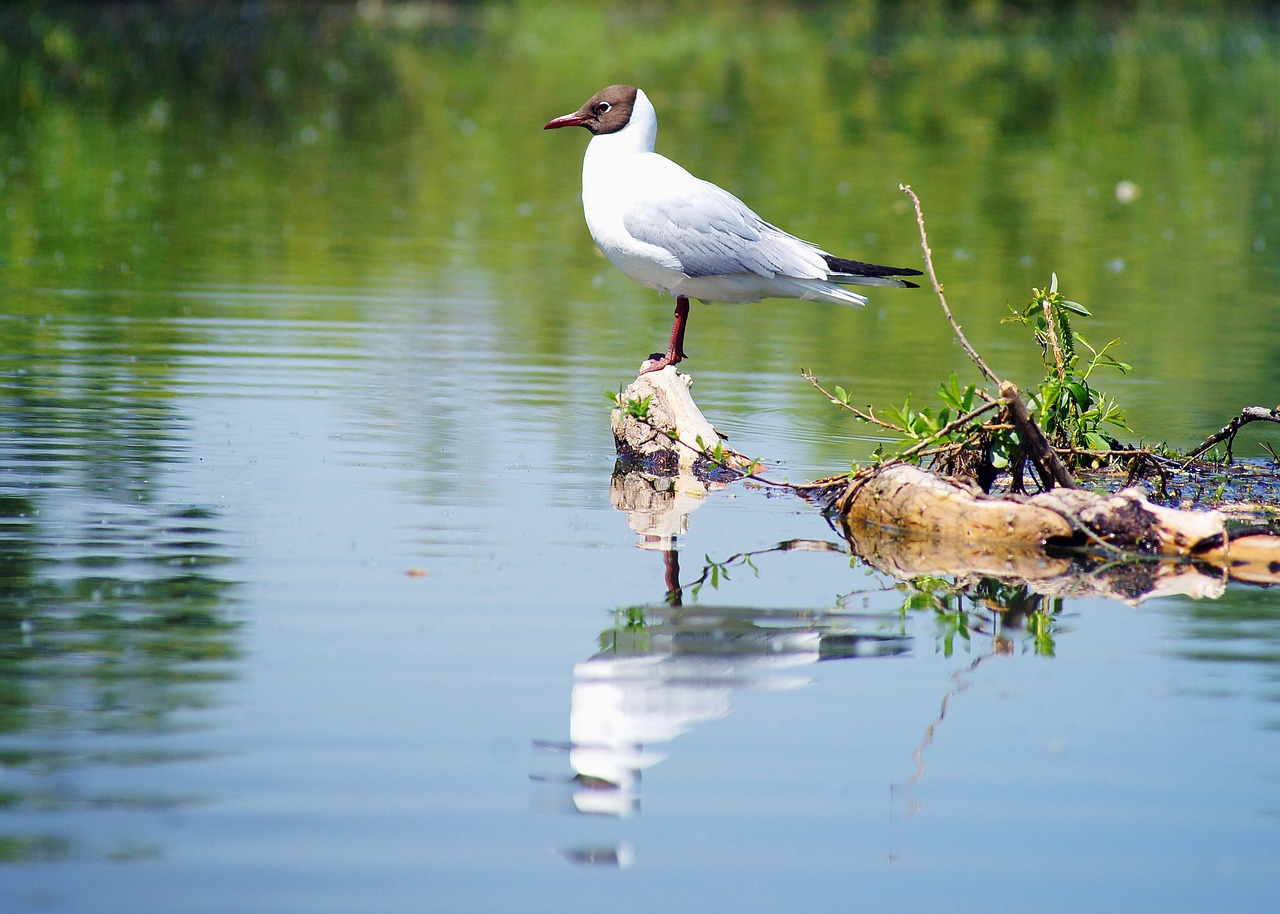I wrote this “manifesto” of 35 lines, many years ago as a summary to my first book, Z.B.A. Zen of Business Administration, a book about integrating mindfulness practice with work. I’m surprised how well it seems to fit these current times and the practice of finding our ground within the groundless. Let’s stay connected, in the midst of social distancing.
1. It’s okay not to know. It’s okay to be vulnerable. No one has all the answers. We value and learn from the questions and the asking.
2. We are learning to appreciate the mystery and sacredness of our lives and the mystery and sacredness of life.
3. Life is short. There is no escape from old age, sickness, and death. Death is a great teacher. Recognizing the shortness of our lives provides motivation to live fully in each day and in each moment.
4. We understand the importance of taking regular quiet time for ourselves. Through reflection and by slowing down we develop an appreciation for life and we increase our capacity for understanding.
5. We are learning to trust our inner wisdom. Our bodies and minds are amazing, unexplainable, and unfathomable.
6. It’s okay to be uneasy, to be uncomfortable, to grieve, to feel pain. Recognizing when something is off, feeling the depth of loss, experiencing pain, is the first step toward change and growth.
7. Practice active listening — listening deeply to yourself and to others. Listen to others without formulating your own ideas. Listen to yourself before speaking.
8. We all seek balance in our lives — balancing work and family, balancing our inner and outer lives, balancing what we want to do and what we must do.
9. We are learning that we can be fully ourselves in all situations — at work, as parents, as children, as friends, as lovers.
10. Being ourselves at work is vital to our health and happiness. Our time is too valuable to sell, at any price.
11. Each moment is precious. In every moment we have an opportunity to discover, to grow, to speak the truth.
12. Each moment is ordinary. In every moment we can realize we are fine, just as we are. Nothing else is needed.
13. We appreciate what is paradoxical. What may at first seem contradictory or beyond our understanding may be true. After all, who is it that is breathing? Who is it that dreams? How is it that these hands effortlessly glide along this keyboard?
14. Age is a state of mind. We have the opportunity to grow to be more like ourselves every day.
15. Developing intimate relationships is a vital part of our lives and our development. Intimacy requires openness, honesty, and vulnerability.
16. Real, honest open communication is highly valued — and takes real skill and effort.
17. When we slow down and learn to trust ourselves, joy arises naturally.
18. When we slow down and learn to trust ourselves, creativity arises naturally.
19. Self-knowledge and understanding require persistence and perseverance. Developing awareness and balance is an ongoing, unending process.
20. Self-knowledge and understanding require discipline. Whatever path we take requires structure, guidelines, and feedback.
21. Self-knowledge and understanding require courage.
22. Diversity is essential. Our differences enrich our lives. There is no “other”, just as our right hand is not a stranger to our left hand.
23. A simple rule to follow is do good, avoid harm. Of course, this is not simple or easy.
24. There are many paths and many practices toward developing awareness and personal growth.
25. Our everyday lives and activities provide fertile ground for developing growth and understanding.
26. We can learn to appreciate the gifts we’ve received from our parents and to forgive them. We understand on a deep level all we have received from the generations that have come before us.
27. We feel a deep responsibility for our children and for the generations that will come after us.
28. We can all act as change agents. We can choose to take action in improving and healing our environment and our society. There is no shortage of issues to address, of healing to take place.
29. We are all change agents on a personal level — we either create healing amongst those we live and work with or we create stress.
30. We can choose to act as change agents in relation to our communities.
31. We can choose to act as change agents in relation to our society or on a global level.
33. At a deep level, we realize that we are neither in control nor not in control. Our task is to paddle the boat, with awareness and integrity. The flow of the river is outside our doing.
34. We all have the power to find peace and happiness in the midst of change and impermanence.
35. We have the power to heal ourselves, our communities, and our planet.
I’ve also created an 8-minute guided meditation, called Finding Ground Within Groundlessness. I hope you find it useful.

